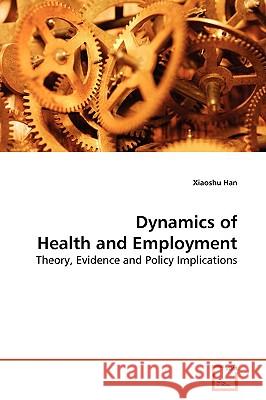Dynamics of Health and Employment » książka
Dynamics of Health and Employment
ISBN-13: 9783639178685 / Angielski / Miękka / 2009 / 92 str.
Empirically, 83 percent of the 45 million uninsured in the United States are in working families. As a result, mandatory employer-provided health insurance has been one of the hotly debated policies in order to reduce the portion of the uninsured. However, whether this mandate is economically justified remains an open question. This book tries to shed some light on this problem. It first examines the effect of health on labor force participation using data from Medical Expenditure Panel Survey (MEPS). Based on the empirical findings, a rigorous dynamic heterogeneous agent model is then built to further study the relationship with health insurance. Eventually, it compares the welfare of the working-aged individuals before and after the mandate. It finds a welfare loss of 0.7 percent of GDP with the mandate. As a result, the author questions whether calls for mandatory employer-provided health insurance are actually desirable. This book is essential reading for upper level undergraduate and postgraduate students taking courses within health economics, economics and public health or policy. It will also be an invaluable reference book for relevant policy makers.











